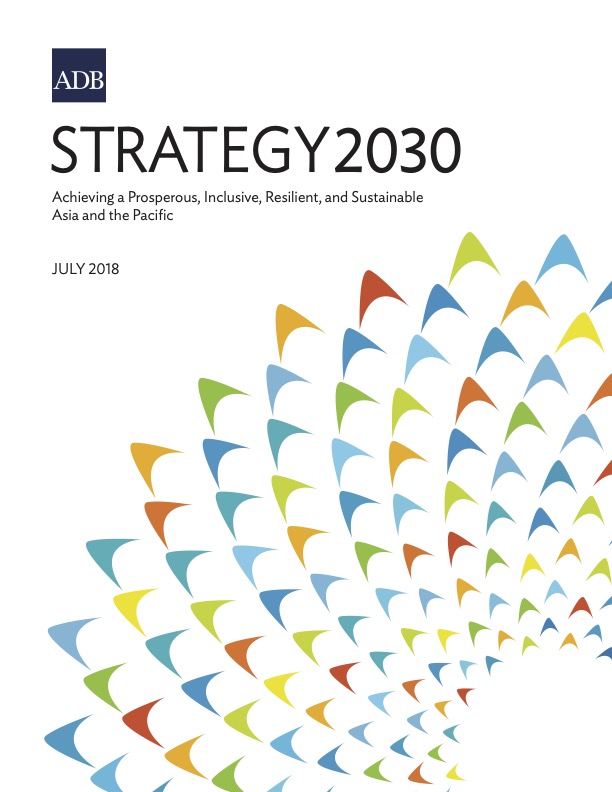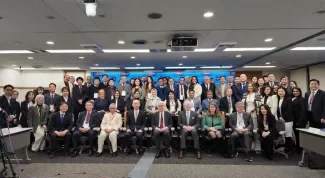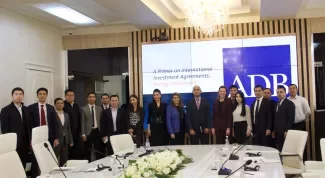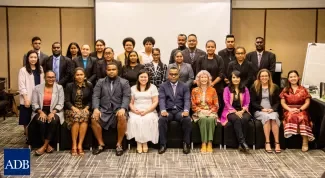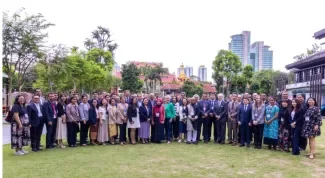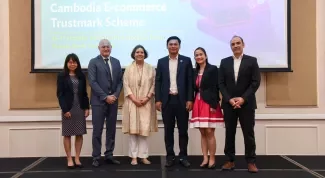“The rule of law is needed to sustain development momentum
and to ensure that the benefits of growth are equitably and widely shared.”
Our Work
Supporting an enabling environment to boost private sector growth, public-private partnerships, and foreign direct investment and trade
Enabling a conducive environment for the expansion of the digital economy, fintech development, and the digitalization of trade
Strengthening legal and regulatory frameworks and building the capacity of stakeholders for a more sustainable and resilient planet
Access to Justice and Inclusive Growth
Helping to break down barriers for fair access to justice and eliminating violence against women and girls
LPR In Action
On 18-19 February 2025, ADB’s Law and Policy Reform Program, in conjunction with the ADB Institute, UNCITRAL and Japan Ministry of Justice convened the Policy Dialogue on Alternative Dispute Resolution (ADR) and brought together policymakers, ADR institutions, private sector, lawyers, judges and academia to discuss the current landscape of ADR development in Asia and the Pacific.
On 7 February 2025, the Asian Development Bank’s (ADB) Law and Policy Reform Program—in cooperation with Uzbekistan’s Ministry of Justice (MOJ) and the Ministry of Investment, Industry and Trade (MIIT)—held a knowledge-sharing seminar entitled "A Primer on International Investment Agreements: Energy Investments" in Tashkent, Uzbekistan.
On 12–18 December 2024, ADB conducted a comprehensive training program on the Fiji Bench Book on Children (Parts A and B) for Fiji's Office of the Director of Public Prosecutions (ODPP).
ADB held a deep dive carbon markets workshop on 10-11 December 2024 in Singapore with policymakers from 23 developing member countries (DMCs), as well as standard setters, market makers, and other key stakeholders following the breakthrough in the international carbon market under article 6 of the Paris Agreement, at COP29. The discussions focused on strategies to develop robust and high-integrity carbon markets at both the national and international levels.
On 16-17 October 2024, ADB and Cambodia’s Ministry of Commerce (MOC) held stakeholder consultations on the draft Cambodia E-commerce Trustmark Scheme (CETS) in Phnom Penh, Cambodia.
